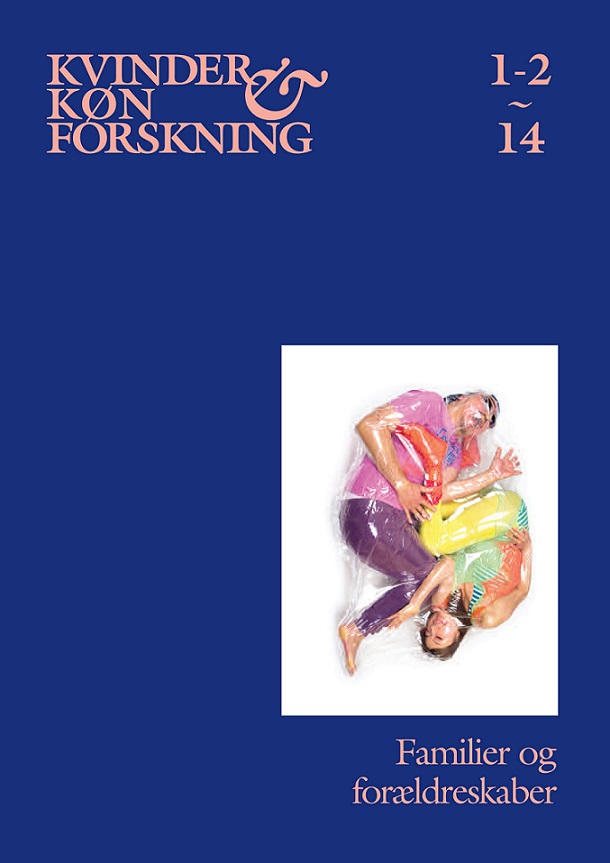Politik och fantasi i svensk reproduktionspolitik
DOI:
https://doi.org/10.7146/kkf.v0i1-2.28499Nøgleord:
Assisted reproduction, single mothers, heteronormativity, discourse analysis, psychoanalysis, state policyResumé
In March 2012 the Swedish parliament asked the government to draft a law that will allow single women access to in-vitro fertilization and donor insemination. The decision represents a partial dissolution of the long-standing assumption in Swedish politics that two parents are necessary to provide what is ‘in the child’s best interest’. This article comprises a psychoanalytically informed discourse analysis of the construction of the single mother in this policy area. It is argued that the inclusion of single women was made possible by a redrawing of the boundary between ‘good’ and ‘bad’ mothers so as to displace the characteristics that previously disqualified the entire group of single women from motherhood to a particular subset of the group: those who do not make their babies in the ‘right’ way or with the ‘right’ intentions. The ‘good’ single mother, on the other hand, is framed along the lines of (hetero)repronormativity: she is expected to desire a man in her life, as well as harboring a wish to provide her children with male role-models and a right to know who the sperm donor is.
Downloads
Publiceret
Citation/Eksport
Nummer
Sektion
Licens
Udgivelser i Kvinder, Køn og Forskning er beskyttet under Creative Commons License: CC Attribution-NonCommercial 4.0

